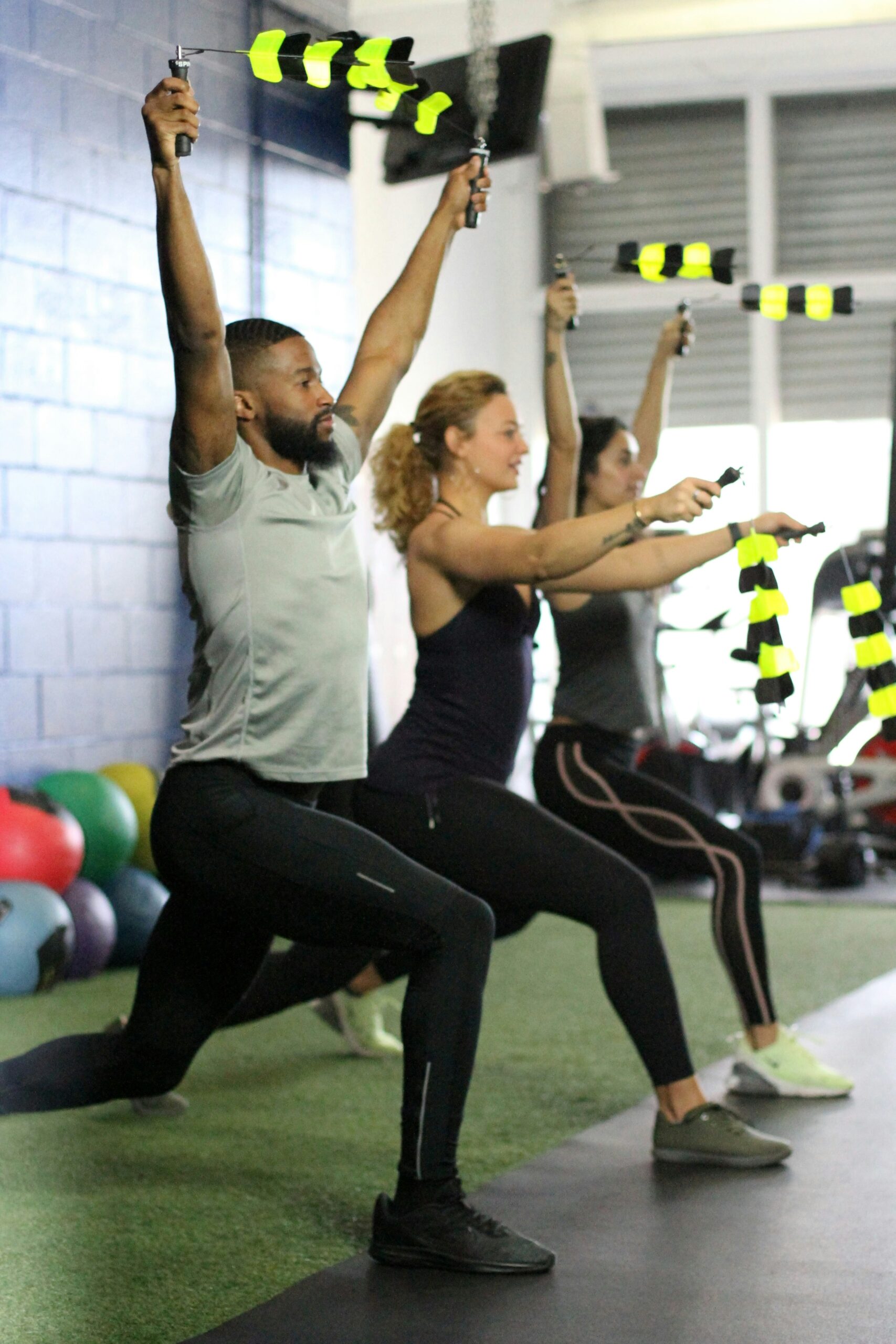Objections to the use of Fundamental Movement Skills as central to Physical Literacy

Len Almond and José Afonso
During the summer we read the Aspen Review and the Australian Physical Literacy and Sport and examined physical education/sport documents from Canada, New Zealand, Wales, Scotland and Northern Ireland where there is a belief that fundamental movement skills (FMS) are central to Physical Literacy.
In this blog we shall use the presentation that Len Almond gave in Liege 2014 at the CEREKI conference where the author outlined a number of objections to this current interest in the fundamental movement skills approach that has, from our perspective, a number of serious flaws. Some additions have been made. In raising these objections, we hope to stimulate an informed debate.
Our first objection is the association of Fundamental Movement Skills with Physical Literacy in some countries. Physical Literacy appears to be used to augment the status of FMS because it has a theoretical framework. We shall use some examples in Canada to illustrate this.
For example on page 10 of the Sailing Long Term Athlete Development (Canada) resource, it states:
“The Fundamental movement and sports skills are referred to as physical literacy. Individuals who do not develop physical literacy (which consists of agility, balance, coordination, speed, jumping, etc.) before the onset of the adolescent growth spurt are unlikely to achieve success in sport, including sailing.”
Physically literate individuals: there appears to be very different terms in use.
“Demonstrate a wide variety of basic human movements, fundamental movement skills and fundamental sports skills.”
http://canadiansportforlife.ca/ten-key-factors/physical-literacy
“Early exposure to fundamental movement skills is essential as they form the first building blocks of physical literacy”.
http://canadiansportforlife.ca/educators/ece-preschool
“Physical Literacy is a concept that is rapidly gaining acceptance around the world. In Canada, the Canadian Sport for Life (CS4L) movement is seeking to improve the quality of sport and physical activity while promoting physical literacy through the development of fundamental movement skills (p. 9).
“Physical Literacy is the mastering of fundamental movement skills and fundamental sport skills that permit a child to read their environment and make appropriate decisions, allowing them to move confidently and with control in a wide range of physical activity situations.” (http://piseworld.com/physical-literacy/ )
Physical and Health Education Canada make the same connection:
“The Fundamental Movement Skills (FMS) series created by PHE Canada …. The series is designed to enable the development of physical literacy as a solid foundation for supporting long-term sport and physical activity participation.” (http://www.phecanada.ca/node/626 )
In the same way, Sport Wales makes a similar assumption when they say on their Physical Literacy website:
“These fundamental skills need to be learned and developed from an early age”: (http://www.sportwales.org.uk/community-sport/education/physical-literacy.aspx#sthash.DqtBYn4W.dpuf )
This association has never been made and there is no mention of it in the work of Professor Margaret Whitehead, who developed the conceptual basis for Physical Literacy. Her work is not mentioned in the Australian Physical Literacy and Sport paper. Too many institutions are equating Physical Literacy with FMS, thereby narrowing its scope in an unacceptable way. It is like saying that Literacy equates to learning separate letters of the alphabet. How many people know the letters of the alphabet and yet are illiterate by any meaningful sense?
Our second objection concerns the number of claims that have emerged.
- “Children’s acquisition of fundamental movement skills is essential for children’s participation and success in sport.” There is no evidence supporting this claim and secondly, skill proficiency may be developed through means other than FMS, so this unidirectional, absolute link does not hold.
- “Fundamental movement skill (FMS) proficiency or the ability to perform basic skills (e.g., throwing, catching and jumping) has been linked to participation in lifelong physical activity.”
“Children who possess inadequate motor skills are often relegated to a life of exclusion from the organised and free play experiences of their peers, and subsequently, to a lifetime of inactivity because of their frustrations in early movement behaviour. “ (Seefeldt, Haubenstricker and Reuschlein).
It could be argued that inadequate motor skills are the product of insufficient opportunities to engage in appropriate purposeful physical pursuits and insufficient practice.
- “FMS are considered to be the building blocks to sport-specific skills and include motor skills such as throwing, catching, kicking and running. These skills, in turn, are proposed to lay the foundation for successful lifelong physical activity participation.”
Even if such skills are the key, who is to say FMS is the only way to develop them? What is the evidence for such a connection?
- “Fundamental activities such as running, jumping, skipping, sliding, catching, kicking, and striking are the basic components of the games, sports, and dances of our society.” First, this depends on the specific society. Most importantly, there are wide variations in running, jumping, etc., according to the requirements of each task. Transfer between them may even be negative, but FMS proponents only seem to recognise positive transfer.
- “FMS proficiency has also been linked to better health related measures, including lower weight status and higher cardiovascular fitness, providing further evidence for the importance of developing strong motor skill proficiency in children.”
“This data suggests that low levels of motor skill competence may be contributing to the high levels of inactivity and consequent rise in the number of overweight and obese individuals apparent today.”
These statements are part of a justification process that suggests that an association with health will provide more status and galvanise people into action. It is very similar to the statement “The extensive health benefits individuals obtain from regular participation in physical activity are well-documented in the research literature.” That may be the case but the association with health in practice is a ‘taken for granted” assumption that is rarely addressed and FMS is a case in point. Physical Education has an instrumental view of health related benefits and rarely addresses an intrinsic view of health-focused physical literacy.
These claims need to be carefully considered because they expose serious flaws in their thinking and as a consequence can hinder the development of more appropriate principles to guide practice, particularly pedagogy.
Our third objection relates to early childhood education. How is that babies who cannot walk or talk can do so without any instructions and without a manual? Len Almond’s work in early years suggests that there is a lot to gain from exploring how self-directed work can have a profound impact on our understanding of movement capabilities. Sheets-Johnstone speaks of ‘synergies of meaningful movement’ and discusses how they emerge. Her thinking has had a big influence on the development of an alternative approach to one focused on fundamental movement skills.
Our fourth objection relates to the current research agenda where we find it difficult to identify research to show that FMS is the carefully considered best option amongst several alternatives. It makes us wonder if the proponents of FMS have chosen this approach because they do not recognise viable alternatives. We are also concerned that the science in the FMS research appears to make too many assumptions and inappropriate associations. There is a danger of confirmation bias. To prove that FMS is the best option amongst several options, long-term randomised controlled trials would have to be conducted. And even then, simple statistical significance would have to be complemented with effect sizes. Furthermore, the magnitude of variations of each program’s effect would have to be considered.
Our fifth objection with FMS is the nature of approach. Wulf’ (2007) challenges the traditional view that the method of learning a motor skill involves focusing attention on each part of the skill and internalizing proper execution. Instead, Gabriele Wulf argues that the learning of new motor skills suffers when attentional focus is on the coordination of movements. In other words it is about external (movement-effect) focus as opposed to internal (body movements) focus. Although this may vary according to type of activity, learning stage, and history of learning. Additionally, FMS approaches decouple perception and action, thereby negating the legacy of Gibson and a wide body of solid research in ecological psychology, including research applied to sports.
Finally, our sixth objection, returning to FMS from a Physical Literacy perspective
- FMS is a dualist approach and neglects the essential embodied nature of learning (see also the work on enactivism).
- A FMS approach is too narrow a conception of a quality physical education programme.
- It focuses only on motor skills in an isolated, decontextualised manner, decoupling perception and action (thereby disrespecting the functionality inherent to affordances) and inhibiting the establishment of meaningful links between proximal and distal cues (Brunswik).
- It tends to be associated only with a sports pathway that is only one aspect of physical education.
- FMS is not contextually focused therefore techniques are in danger of being taught in isolation. This may induce over-automation, eventually impairing adaptation.
Conclusion
In reading the literature and discussing it with colleagues in Europe and Scandinavia they appear to have a different interpretation of FMS compared with countries like Canada, Australia, New Zealand and the UK. These voices need to be heard and there is a great need to establish a platform for reasoned debate in order to generate a common shared agenda for improving practice as opposed to an adversarial point-scoring contest that can only hinder progress.
We recommend that readers explore the blogs and the library of the International Physical Literacy Association (IPLA) to gain a different conception of Physical Literacy to the ones portrayed in the discussion of fundamental movement skills.
José Afonso – is at the University of Porto in Portugal specialising in psychology and coaching at a high level. He has been working with Len Almond for the past two years on a number of projects.



